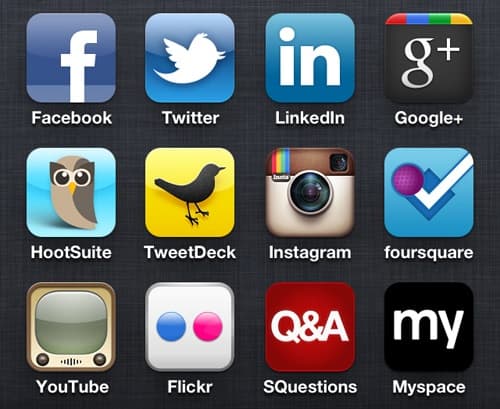Why the world will become equal in opportunities faster than we think

The global divide that initially developed with the coming of internet and cell phones are slowing down, narrowing itself to a situation where there is practically no divide. The government and certain organizations have strived to bridge the divide between the developed and the developing, and the result – more opportunities for people living in the emerging nations. With the recent developments in globalization, there has been political, economic and cultural integration to a certain level. This has enabled the world to evolve as a small global village and it was the developing countries that benefitted most from it. With technological developments in those countries there has been an increase of better economic processes, better health systems and even improved political influences.
Emerging nations are getting equal opportunities
With the introduction of cell phones and later, smartphones, developing countries have been able to come to the same level of job opportunities as developed countries. In fact, in countries like India, technology leapfrogging has been very significant. According to studies, the growth of cell phones in emerging countries accelerated because of lack of landlines in those areas. While the usage of smartphones pale in comparison, the day/time when the maximum number of people get access to smartphones is not far. It is said that about 20% of the population in 11 countries use smartphones. And the good news is that smartphone access is now in the hands of people who are under 30 years of age. This is also a good thing because you are able to tap talent in youngsters with smartphones and internet.
Interestingly, people who use smartphones and internet are youngsters and people in the high income group. With access to cheaper smartphones, people living in the low to mid-income levels are also joining the fray, increasing the number of people using the internet. With better access to internet, better opportunities have been provided to them. They get instant information of new jobs, they get involved in social marketing and they become aware of the latest trends and technological innovations. Some of the poorest countries of the world are having access to smartphones and internet, but they still have a long way to go, for example, Uganda and Pakistan; in these countries, 9 out of 10 people do not use the internet.
Main areas where technological leapfrogging is happening
Eastern Europe, Asia Pacific and Latin America have been seeing tremendous developments in the field of smartphones. If you walk around the streets in any of the countries in these areas, you can observe how ubiquitous people have become to using smartphones. Over the years, the shipping (and demand) for smartphones have developed considerably and it is believed that by 2017, the shipping numbers would reach to more than two billion handsets. This means there has been an increase of 90% in the global smartphone market.
Smartphones are thus emerging to be the key players in communication in developing countries. The improvement of 3G networks and the development of the recent 4G also play a key role in this. Global smartphone players like Samsung have transferred their smartphone production to mainland China and Indonesia. This increases job opportunities in these countries. And emerging markets like Africa, the Middle East, Eastern and Central Europe, Asia-Pacific and Latin America are increasing their use of smartphones.
Increased social networking

As people in the emerging countries have better access to smartphones, they tend to indulge in social networking. Networking, and maintaining good contacts are the keys to job success. Earlier, this was confined to developed countries, but now with access to emerging markets, young talents are able to display their skills. They are able to contact top companies and apply for jobs.
Several organizations work for bringing better connectivity
With smartphones, better connectivity is also promised to emerging nations. This will help students get better educational opportunities (students are getting access to computers and internet in their schools), they get to search for jobs without being confined by geographical boundaries and they can showcase their skills and talents on an international platform. With internet in rural areas, clinicians are able to provide better health care facilities to people, and no more hindered communication during medical emergencies. Smartphones and internet connectivity are making the world a better place to live for people from emerging countries. These organizations use technology to help with job training for educated youngsters, and help in providing better education opportunities to children and youth. The growth of technology has thus been very fast in reaching the emerging nations.
When developing countries have access to good broadband connectivity, they can work for international companies remotely. They can apply for jobs, work as per the time zones demanded by clients and provide finished results as per deadlines. The willingness to work from a remote location, is a major criteria most of the companies bank on, and they are able to hire excellent skills from emerging nations at reasonable rates.
Conclusion
Internet, smartphones and social media networks are like second nature to many countries, but to several of them, they are the most newest, and awesome technology that they are just learning to operate. Even so, they have progressed so quickly and seamlessly that they are able to exploit the opportunities offered to them, and this has enabled them to associate with the rest of the world and grow technologically.
Interesting links about the topic:
10 Legitimate Online Business Opportunities
The Future is Coming Much Faster than we Think
Pictures: Flickr.com/ Hansen/ Llewellyn

The author: Reema Oamkumar is engaged as a thought leader at Software-Developer-India.com which is a part of the YUHIRO Group. YUHIRO is a German-Indian enterprise which provides programmers to IT companies, agencies and IT departments.
Leave a Reply